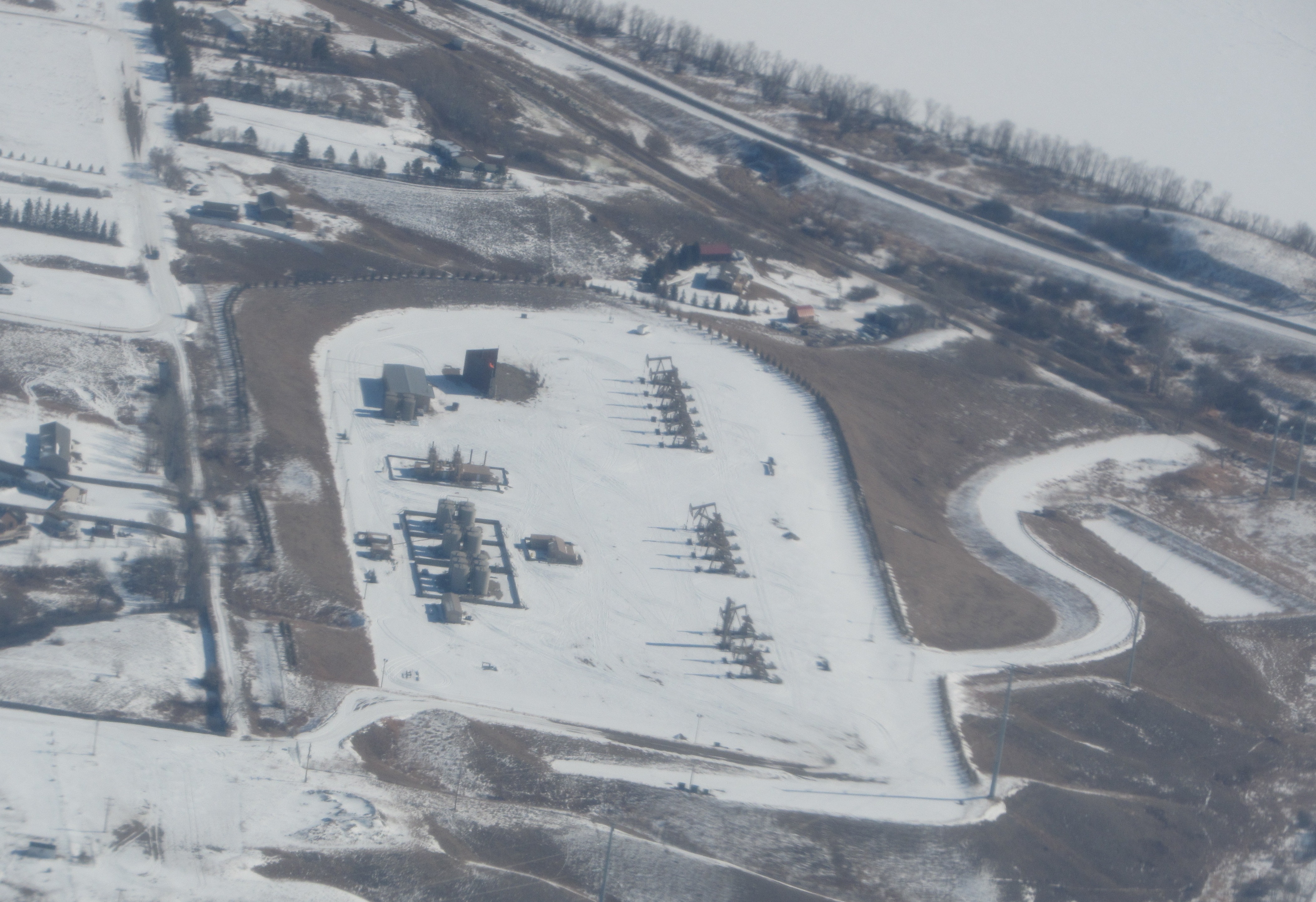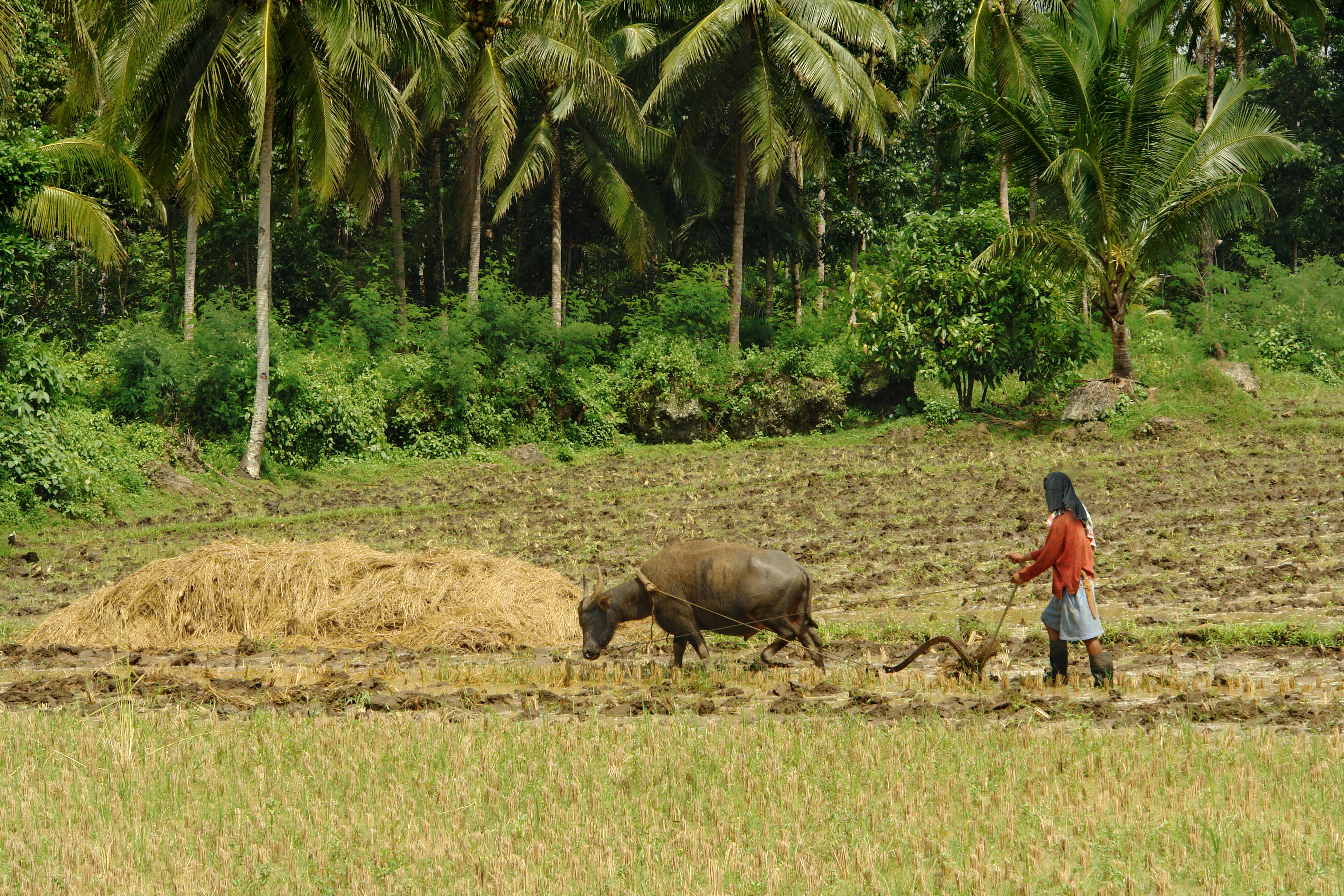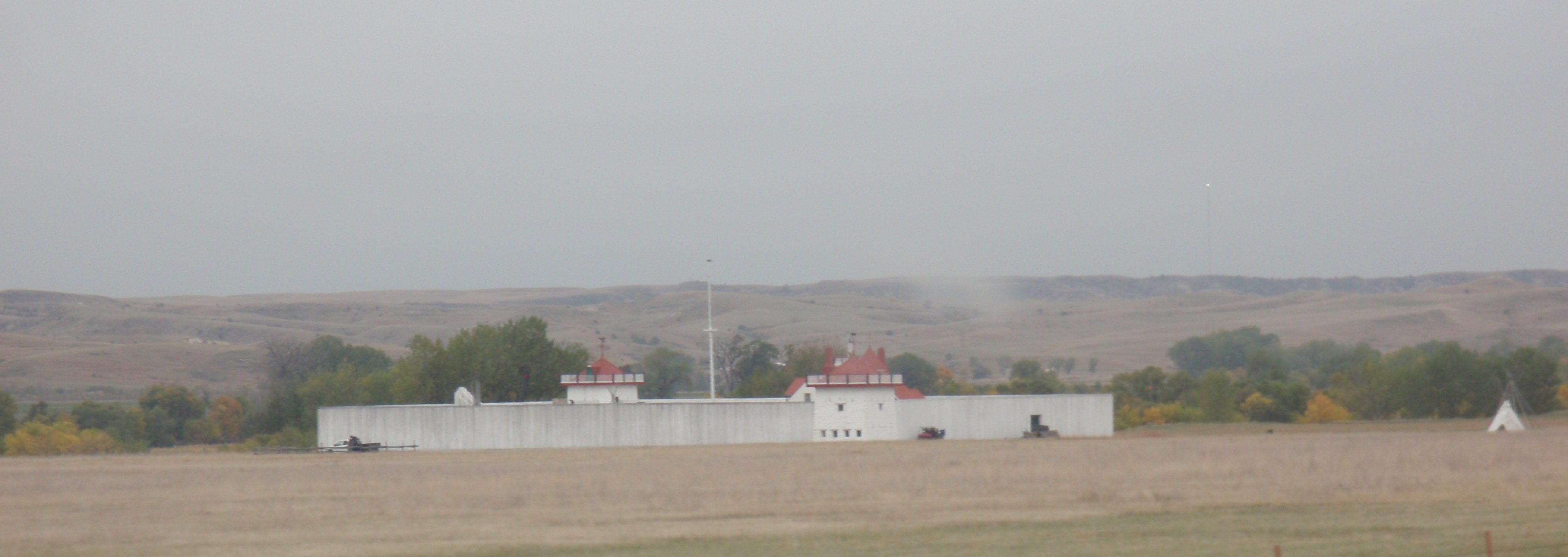Consider merely the way that your favorite bread is always available, usually from many bakeries. And at the time you want. The bakery doesn’t know whether you will stop in on your way to work, during lunch, or after having dinner.
How can it be that several bakeries know to have your choice of bread available, whether sourdough loafs, whole wheat biscuits, rye rolls, croissants, or cranberry bagels? How did they know to order enough yeast, oil, and flour? How did they know what mix to bake before the sun came up?
How did the wholesalers know enough to deliver the right amount of flour to all the pizzerias, bakeries, and pastry shops?
How did the farmers know enough to plant the right amount of wheat, oats, barley, and rye last spring to harvest enough this fall to satisfy all those bakers?
Hmm. What could be getting all those people working together to make sure my favorite and your favorite bread is available when you or I want it?
Ponder these and many more questions just in terms of having bread on the shelf in this video, called “It’s a wonderful loaf:”
[youtube=https://youtu.be/ljULutAUL7o?t=33]
The answer of how all that happens is readily available for all who want to find it.
Continue reading ““Magic without wizards”, or, why is your favorite bread on the shelf when you want it?”







